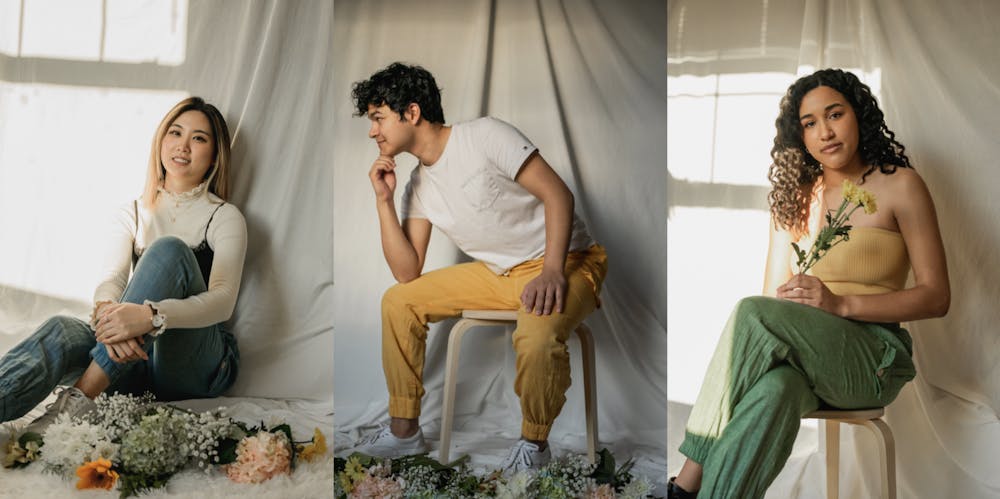In 2018, sophomore Shanthi Ramakrishna founded Taara Projects, a fashion social enterprise with eco-friendly handmade products. She and her team are set to launch their first line of pants in April 2021.
Ramakrishna explained that she started Taara Projects as an informal passion project in high school. She was able to build the company after coming to Hopkins.
“It wasn’t until I came to Hopkins that I started to formalize it and make it experience faster growth because I was able to form a team of seven amazing ladies,” she said. “The story truly started at Hopkins.”
Taara Projects is part of the Hopkins chapter of Enactus, an international student organization promoting social entrepreneurship.
Ramakrishna hopes Taara Projects will exemplify how creative projects can be met with support from the Hopkins community.
“When you think of Hopkins, you think of STEM. Taara is a fashion social enterprise, which sets it apart,” she said. “I would hope that, as a part of the Hopkins community, it adds a little bit of diversity to the entrepreneurial space that Hopkins has and is still growing.”
In an email to The News-Letter, sophomore Keerti Soundappan, director of outreach and communications, shared that the team has worked to empower other local entrepreneurs.
“We consciously choose to reach out to Baltimore-based resources for information, advice or resources, while also promoting the awareness that these resources exist for others,” she wrote. “We collaborate with many other Baltimore-based businesses by supporting their launches and promoting the incredible work they are doing.”
Taara Projects also has a more global footprint. Its products are handmade by artisans in Chennai, India who are at-risk for poverty. According to the team, the artisans are paid double the national minimum wage in India.
Sophomore Castalia Vidaurri, the web designer, noted that the team is committed to furthering female empowerment through its partners.
“One of our long-term goals is to have a fund to continue to devote resources for females and the communities in Chennai, India,” she said.
Ramakrishna formed her team two weeks before students were sent home from the University last March.
As a result, the team has learned to work virtually and adapt to the constraints forced by the pandemic.
“Our team grew through the pandemic through the virtual Zoom meetings. I haven’t even met some of the team members in person,” she said. “Our partnership was established in India over the pandemic. All of our supply chain and communication has been managed over WhatsApp.”
Soundappan added that the team also faced difficulty in ensuring the health and safety of artisans making the products in India.
“Not only was it a journey figuring out how to meet with each other and continue to move forward in our individual roles completely remotely, but it was also an obstacle with finding safe ways to give our artisans a space to work and build their careers,” she said.
As the team prepares for its launch, Soundappan expects a huge success, noting the work of the marketing team to promote Taara Projects.
“Our mission is real, and people will see that. Beyond that, our pants are amazing. Everyone should have a pair. They come in six beautiful colors and three diverse sizes and look great on all genders,” she wrote. “I’m excited to share them with our community and the world.”
Vidaurri believes that the team embodies the University’s mission.
“Hopkins is advertised as a school for change makers,” she said. “Why not have way more projects like Taara Projects to be agents of change?”





